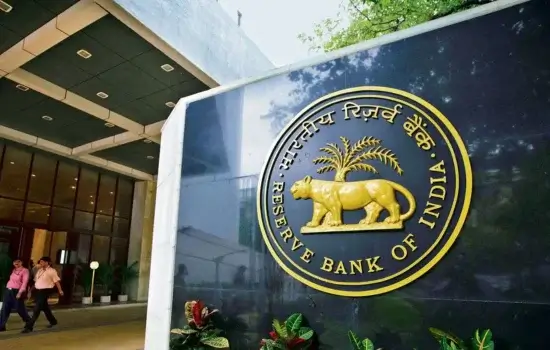In recent times, the Reserve Bank of India (RBI) has taken significant steps to address the issue of banks freezing customer accounts, especially those receiving government benefits, due to incomplete Know Your Customer (KYC) documentation. This move aims to ensure that genuine account holders, particularly from vulnerable sections, are not denied access to their funds.
The Issue of Account Freezing
Banks in India have the authority to freeze accounts under certain circumstances, such as:
- Suspicious Activities: If an account is suspected of being involved in illegal activities like money laundering or financing terrorism, banks can freeze it to prevent further transactions.
- Unpaid Debts: Accounts can be frozen if there are unpaid debts, provided creditors obtain court approval.
- Regulatory Directives: Regulatory bodies, including the RBI, can direct banks to freeze accounts under specific legal provisions.
RBI’s Recent Advisory to Banks

The RBI has recently pulled up banks for freezing accounts that receive Direct Benefit Transfer (DBT) funds from the government due to incomplete KYC. The central bank emphasized that such actions could deny customers access to their rightful funds, especially impacting vulnerable groups like senior citizens.
Understanding KYC Norms
KYC (Know Your Customer) guidelines are designed to prevent financial crimes by verifying the identity and address of account holders. While essential for security, strict enforcement without adequate customer support can lead to unintended hardships.
Implications for Account Holders
For account holders, especially those dependent on government subsidies, a frozen account can lead to significant financial distress. It’s crucial for customers to ensure their KYC details are up-to-date and to promptly respond to any bank communications regarding KYC updates.
Steps to Prevent Account Freezing
- Regular Updates: Ensure that all personal information and documents provided to the bank are current and accurate.
- Prompt Communication: Respond swiftly to any bank requests for KYC updates or additional information.
- Monitor Account Activity: Regularly check account statements for any unusual activities and report discrepancies immediately.
Conclusion
While the RBI’s measures aim to protect the integrity of the financial system, it’s essential for both banks and customers to collaborate effectively. Banks should adopt a customer-centric approach, ensuring that genuine account holders are not unduly inconvenienced, while customers must remain proactive in maintaining compliance with KYC norms.
Hina Abbasi is Editor and a passionate sports and entertainment content writer at WinnersMaze.com. Hina’s expertise spans across a wide range of sports, and interest in many TV shows allowing her to deliver insightful analysis and compelling stories that resonate with readers.

